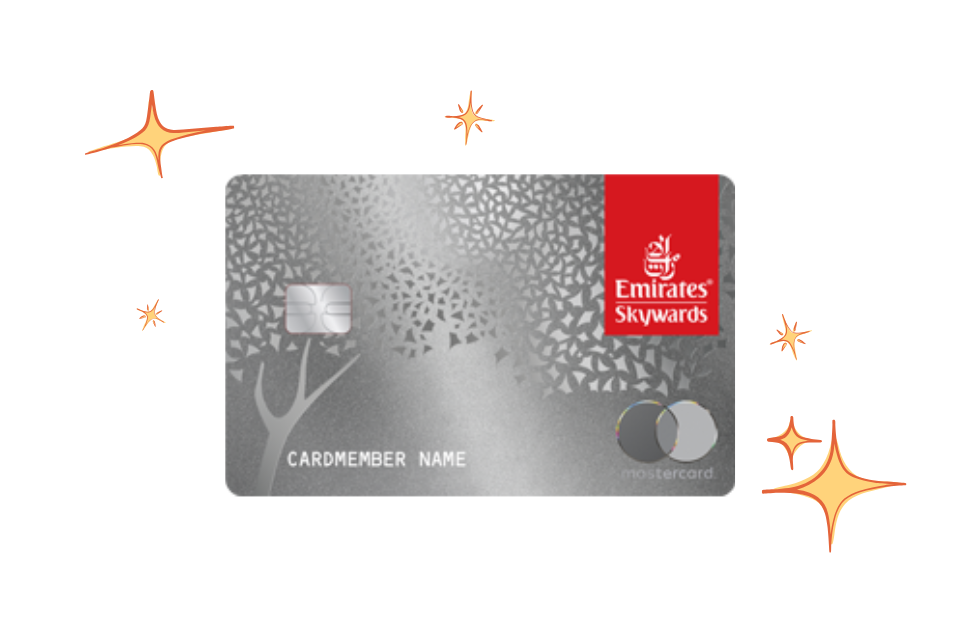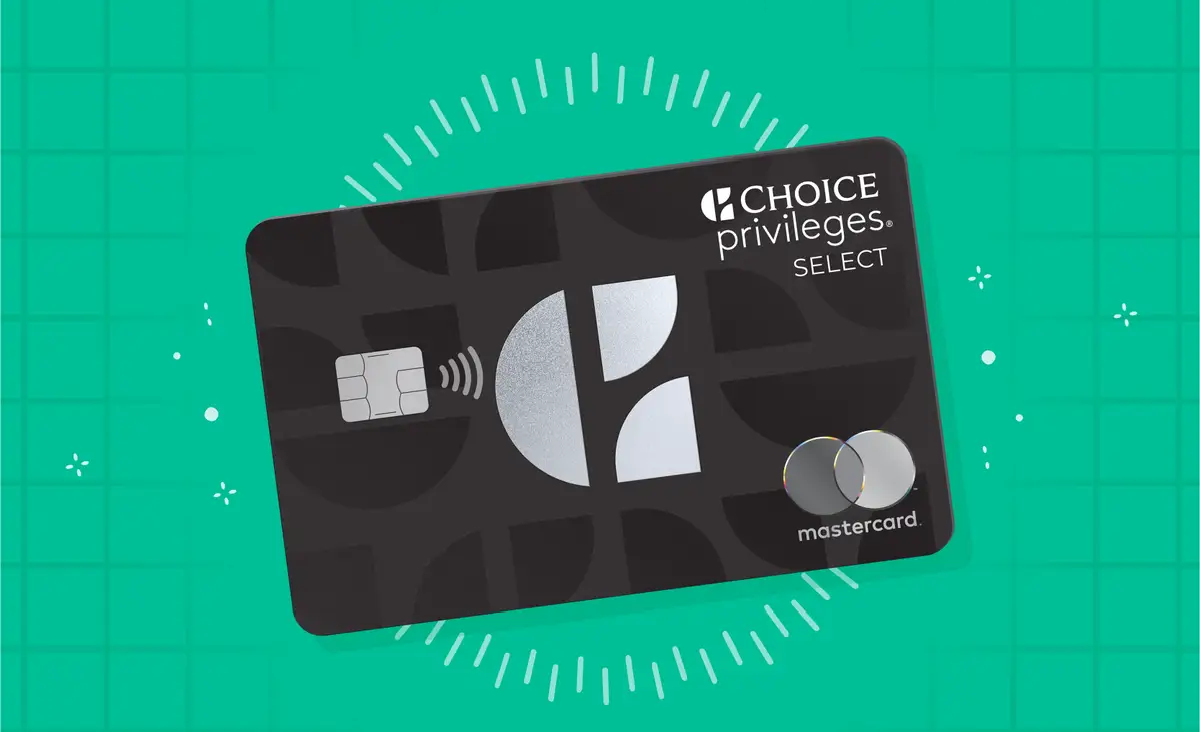Credit Cards and the Psychology of Consumption: How to Avoid Impulsive Spending

The Complex World of Consumer Behavior
In a landscape dominated by consumerism, understanding how we make spending decisions is crucial. Credit cards serve as a convenient tool for purchasing goods and services, but they can also encourage impulsive spending. Many Americans, drawn in by the allure of immediate gratification, find themselves struggling with credit card debt. The consequences of this behavior can be profound, affecting not just financial wellbeing but also mental and emotional health.
Key Factors Influencing Consumer Behavior
- Instant Gratification: Credit cards allow consumers to buy now and pay later, which can be a tempting proposition, especially when it comes to non-essential items. Data from the Federal Reserve indicates that nearly 70% of Americans do not have enough savings to cover a $1,000 emergency. This lack of savings can lead consumers to rely on credit, further deepening the debt cycle.
- Social Influence: The impact of social networks on spending patterns cannot be understated. With platforms like Instagram and TikTok dominating social interactions, consumers are frequently exposed to influencers showcasing the latest trends. This can create a compelling urge to purchase similar items, driven by the desire to fit in or stand out, reflecting a blend of aspiration and consumer culture.
- Marketing Tactics: Advertising harnesses psychological principles such as scarcity and exclusivity, which prompt quicker buying decisions. Brands often exploit these tactics through limited-time offers or specialized products, which may lead consumers to act without fully considering the financial ramifications. For example, the holiday shopping season often results in a surge of impulsive spending, exacerbated by both online and offline marketing blitzes.
Emotional Triggers Behind Spending
A significant aspect of consumer behavior lies in understanding emotional triggers that encourage unrestricted spending. Recognizing these triggers can help individuals develop healthier spending habits.
- Shopping as a Coping Mechanism: Many people turn to retail therapy as a way to escape feelings of stress or anxiety. According to a survey by Credit Karma, over 60% of respondents admitted to shopping to relieve stress, which can lead to unhealthy financial practices.
- FOMO (Fear of Missing Out): In a highly digital age, the fear of missing out on social events or trends can lead to impulsive purchases. For instance, during major events like Black Friday or Cyber Monday, the urgency created by advertising can drive consumers to spend beyond their means.
- Celebratory Spending: Celebrating milestones—whether a promotion at work, anniversaries, or holidays—often leads consumers to indulge in extravagant purchases that may not fit into their budget.
Empowering Financial Decision-Making
Research suggests that gaining insight into these emotional triggers and social influences can empower individuals to make more conscious financial decisions. Understanding one’s motivations for spending is the first step toward curbing impulsivity and reclaiming financial health.
In the following sections, we will delve into effective strategies and practical tips designed to help individuals take control of their finances. From setting strict budgets to employing mindful spending practices, readers will discover various approaches to reclaiming their financial independence, transforming their relationship with credit cards from one of potential peril into one of prudent management.
DISCOVER MORE: Click here to learn about veterinarians’ role in pet health
Understanding the Impulse to Spend
The mechanisms driving impulsive spending behavior are multifaceted and often rooted in psychological patterns. When individuals swipe a credit card, they are engaging in a complex dance of emotions, external influences, and perceived needs. Understanding these elements is crucial in developing strategies to curtail impulsive purchases and maintain financial health.
The Role of Psychology in Spending Decisions
- Decision Fatigue: In our fast-paced lives, decision fatigue can lead to hasty spending choices. Cognitive resources diminish throughout the day, which can make consumers more prone to impulsive decisions as they seek instant gratification. Research has shown that people are less likely to deliberate over purchases when tired, leading to shopping sprees that they later regret.
- The Illusion of Control: The ability to swipe a card without physically exchanging cash creates a deceptive sense of control over one’s finances. This can lead consumers to underestimate the real cost of their purchases. Studies indicate that individuals are likely to spend more when using credit than when paying in cash, as the pain of the purchase feels less immediate.
- Emotional Spending Cycles: Many consumers find themselves entrenched in an emotional spending cycle. When faced with stress, boredom, or even happiness, the act of buying something new can provide a temporary relief from negative feelings. However, this can lead to deeper financial issues in the long run, where spending becomes a go-to solution for emotional distress.
Recognizing Personal Spending Triggers
To combat impulsive spending, it is imperative to recognize your personal triggers. Here are some common markers that can help illuminate when and why impulsive purchases occur:
- Emotional States: Are there specific feelings or situations—like loneliness, stress, or even celebration—that push you toward impulsive purchases? Maintaining a journal of your spending habits could clarify these patterns.
- Social Context: Consider your spending in relation to social situations. Are you more likely to make impulsive purchases when you’re with friends, or when you browse social media? High-pressure scenarios often lead to unplanned buys.
- Time Variables: Note if your purchasing frequency increases significantly during specific times of the day or week. Certain times might correlate with emotional lows or higher exposure to marketing stimuli, prompting a shopping spree.
Understanding these triggers provides a powerful tool for self-awareness that can empower individuals to change their behaviors. By becoming vigilant about spending norms, individuals can create a strategy tailored to their unique psychological landscape. Developing a proactive approach to managing financial health is not only a way to avoid credit card debt but also a pathway to achieving overall happiness and satisfaction.
DISCOVER MORE: Click here to learn about essential dog accessories for tropical climates
Strategies for Curbing Impulsive Spending
Understanding the psychology behind impulsive spending is only the first step. The next crucial phase involves implementing practical strategies that counteract these tendencies. By cultivating healthier financial habits and promoting a mindful approach to purchases, consumers can regain control over their spending and enhance their overall well-being.
Creating a Budget and Spending Plan
One of the most effective ways to combat impulsive spending is to develop a comprehensive budget. A well-structured budget allows individuals to set clear spending limits in various categories, such as entertainment, groceries, and clothing. This provides a framework that can help curb unnecessary expenditures.
- Track Your Expenses: Use budgeting applications or traditional spreadsheets to log every expense, no matter how small. This practice increases awareness of where your money goes and can deter you from making impulsive purchases.
- Establish Spending Categories: Divide your budget into essential and discretionary spending categories. Prioritizing needs over wants provides a clearer view of necessary expenditures, making it easier to resist impulse buys.
- Set Aside Savings: Allocate a portion of your income to savings first. This ‘pay yourself first’ strategy reinforces a habit of prioritizing savings over spending, which can help in resisting the lure of impulsive purchases.
Limiting Exposure to Temptation
Environmental factors significantly influence consumer behavior. By proactively reducing exposure to tempting stimuli, individuals can create barriers that help mitigate impulsive spending.
- Unsubscribe from Marketing Emails: Retailers often employ aggressive marketing techniques, creating an atmosphere conducive to impulsive buying. Unsubscribing from promotional emails can help you avoid the temptation of flash sales and discounts that may not align with your financial goals.
- Limit Social Media Usage: Social media platforms are rife with influencers showcasing products and lifestyles that can induce feelings of inadequacy or desire. Reducing time spent on these platforms can diminish the continual bombardment of advertisements, which often trigger impulsive spending.
- Avoid Shopping When Emotionally Vulnerable: Recognizing when you are more susceptible to impulsive purchases—such as after a tough day at work—can help you make conscious decisions to stay away from shopping. Creating a list of alternative activities to engage in during these times can redirect the impulse to spend.
Adopting Mindful Spending Practices
Mindfulness encourages individuals to be present and aware, promoting thoughtful decision-making in various aspects of life, including finances. Applying mindfulness to spending can empower consumers to make more intentional purchase decisions.
- Implement the 24-Hour Rule: When considering a non-essential purchase, commit to waiting 24 hours before making the decision. This cooling-off period often reveals whether the desire to buy remains strong or weakens, helping to separate impulse from genuine need.
- Engage in Reflective Practices: Before making a purchase, reflect on the impact of the item on your life. Will it add lasting value, or is it a fleeting desire? Such questions encourage deeper thinking about financial priorities.
- Visualize Goals: Keep your financial goals, such as travel plans or buying a home, at the forefront of your mind. Visualizing the long-term benefits of saving can act as a powerful motivator to resist impulsive spending.
By employing these strategies, individuals can shift their financial mindset and reduce the grip of impulsive spending. Understanding your psychology, creating a budget, limiting exposure to triggering environments, and practicing mindfulness can heighten self-awareness and foster a healthier relationship with money. Embracing these changes not only helps prevent credit card debt but also nurtures a sense of empowerment in managing one’s financial future.
DISCOVER MORE: Click here to learn about eco-friendly pet accessories
Final Thoughts
In the complex landscape of consumer behavior, understanding the intricate relationship between credit cards and the psychology of consumption is crucial. As demonstrated, the allure of instant gratification often fuels impulsive spending, generating challenges that can lead to financial distress. However, through this exploration, we have equipped ourselves with actionable strategies to combat these tendencies.
By establishing a strong budgeting framework, individuals gain clarity on their expenses, allowing them to distinguish between necessities and wants. Limiting exposure to marketing stimuli—especially in a digital age where social media and promotional emails are omnipresent—serves as a vital safeguard against impulse purchases. Most importantly, adopting mindful spending habits fosters a deeper understanding of the motivations behind our purchases, empowering us to make informed decisions aligned with our long-term financial goals.
As consumers, we must remain proactive in our efforts to control spending impulses. Regularly revisiting our financial goals, practicing reflection before purchases, and embracing the 24-hour rule can dramatically shift our attitudes towards money. With the right mindset and tools in place, avoiding impulsive spending is not just an achievable aim; it also paves the way for a future defined by financial stability and well-being.
Ultimately, the path to mastering consumer behavior lies in recognizing the psychological triggers of spending and transforming them into opportunities for mindful financial management. By doing so, we not only protect ourselves from the pitfalls of credit card debt but also cultivate a healthier relationship with our finances, setting the stage for a more secure and prosperous future.


